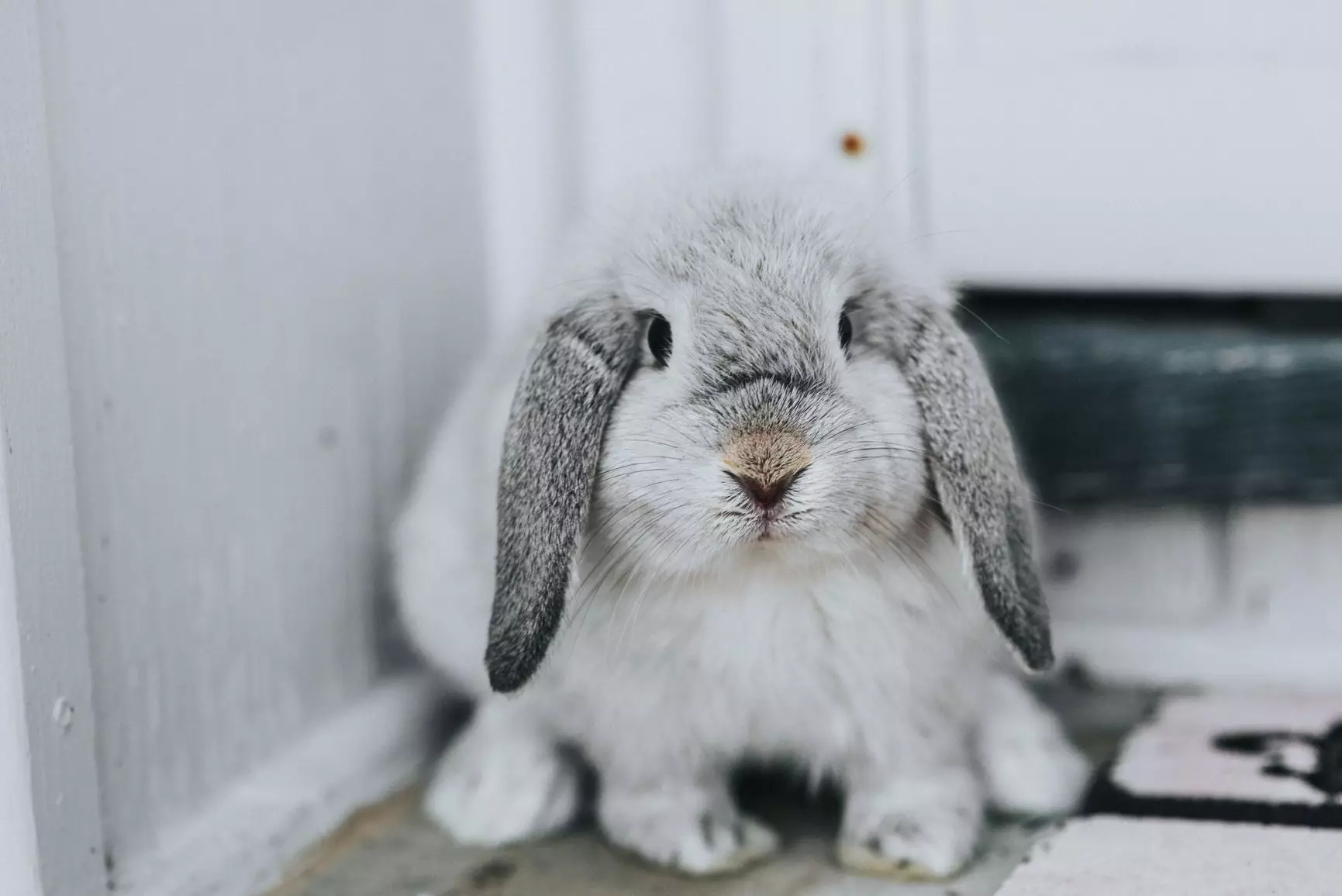Rabbits are delightful companions known for their antics and affectionate nature. However, as with any pet, ensuring their health is crucial to fostering a happy relationship. This guide will cover not only the importance of routine care and observation of your rabbit’s well-being but also highlight specific signs of illness to watch out for, and practical advice on how to provide effective care.
Regular veterinary visits are essential for long-term health management of rabbits. Unlike dogs or cats, who can be vocal about discomfort, rabbits often conceal symptoms of illness until they become serious. Thus, proactive healthcare is pivotal. Routine check-ups should occur at least annually for rabbits under four years and biannually as they age. This ensures that any potential health concerns can be identified early before escalating.
Your veterinarian specializes in exotic animals, including rabbits, and can provide treatments tailored specifically for them. This specialized care can significantly enhance the quality of life for your furry friend, helping to maintain a balance in their health, diet, and environment.
Awareness of your rabbit’s daily routine—especially their eating habits and behavior—is key. A sudden change in energy levels or appetite can be one of the first indications that something might be wrong. A healthy rabbit is usually active and social, exhibiting a robust appetite for both food and water.
Another significant warning sign is alterations in the rabbit’s droppings. Healthy rabbits produce several droppings each day. A decrease in stool production or the presence of diarrhea can indicate gastrointestinal stasis (a condition where the digestive system slows), which may arise from inadequate fiber intake or dental issues. Keeping track of your rabbit’s litter box usage can provide insight into their digestive health and prompt timely veterinary visits.
Rabbits are naturally clean animals and regularly groom themselves. However, should you notice that your pet is not maintaining its coat—evidenced by matted fur or a lack of cleanliness—it may be indicative of health problems. Poor grooming can signify dental pain or even more severe illnesses.
Pay careful attention to potential dental issues. Signs such as drooling or missing fur could be implications of dental disease, which is unfortunately common in rabbits. Regular check-ups with your veterinarian can help spot these concerns early, thereby ensuring long-term dental health.
Rabbits have a unique respiratory system; they can only breathe through their noses. Consequently, any signs resembling cold symptoms need immediate attention. Symptoms may include persistent sneezing, nasal discharge, or labored breathing. Often these respiratory issues require urgent veterinary intervention to prevent serious complications.
Your rabbit’s well-being can deteriorate rapidly if respiratory conditions go untreated. Thus, it is vital to remain vigilant and responsive to any such changes in your pet’s behavior.
Feeding your rabbit a balanced diet rich in hay, vegetables, and fresh water is fundamental to their overall health. Without a diet high in fiber, rabbits may develop gastrointestinal problems. Notably, access to clean water is essential, as dehydration can exacerbate health issues.
In cases where your rabbit appears unwell, ensuring they remain hydrated is critical. Offering water through a syringe or providing moist foods like pureed fruits can assist in this regard until you can visit your veterinarian.
Your rabbit’s living space should replicate a safe and nurturing environment devoid of stressors. Maintaining clean bedding, avoiding extreme temperature fluctuations, and offering companionship are all important aspects. Physical contact and gentle monitoring of your rabbit’s body can also help you detect any abnormalities—such as lumps, injuries, or weight loss—earlier.
Routine interaction not only deepens your bond but also increases your awareness of any changes in your rabbit’s health.
Cultivating a healthy environment for your rabbit requires observation, vigilance, and regular healthcare. While not everything can be predicted, you can minimize risks by maintaining a consistent routine of care. Should you encounter any concerns regarding your rabbit’s health, consulting a veterinarian who understands the unique needs of rabbits is the best course of action. By remaining proactive, you can ensure that your rabbit thrives, bringing joy and companionship into your life for years to come.

